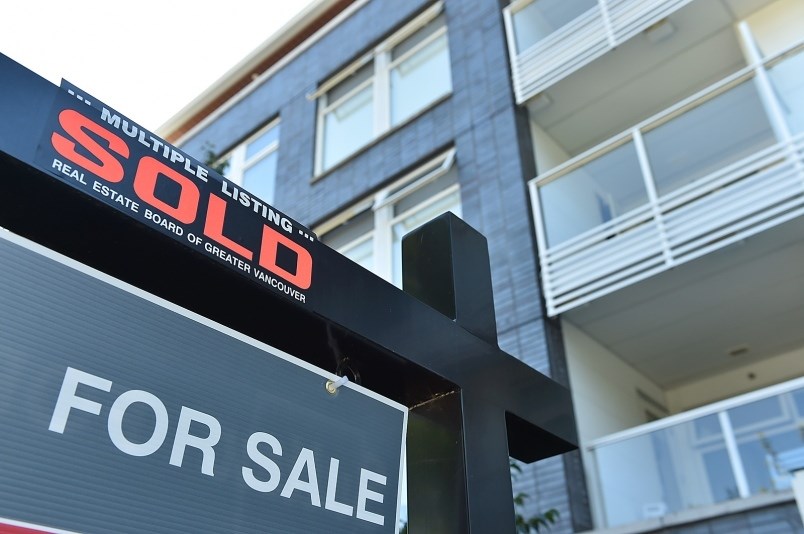Early March data shows that homeowners have rushed off the sidelines, pushing a record number of homes for sale onto the Real Estate Board of Greater Vancouver’s (REBGV) Multiple Listing Service.
As of March 15, the number of new listings were on pace to shatter the highest monthly total of new listings ever seen in Greater Vancouver, according to preliminary REBGV date released by Dexter Associates Realty.
As of mid-month, 4,367 new listings had hit the market, according to Dexter partner and managing broker Kevin Skipworth.
“This pace could take us above 8,000 in a month for the first time ever,” Skipworth said.
The higher listings come at an opportune time, he noted, because sales as of mid-March are also on pace for the highest monthly level on record. In the first two weeks of March, 2,663 homes sold and, in at least four Greater Vancouver markets, sales have already eclipsed the entire month of February, which had posted the second-highest sales in history.
Calling the current market “head-spinning” Bryan Yu, chief economist at Central 1 Credit Union in Vancouver, noted that, through the first two months of 2021, total Metro Vancouver home sales, which includes most of the Fraser Valley, rose 78 per cent from 2020 and exceeded 2016 – the former record year - by 1.8 per cent.
It now appears that March will rewrite history again.
North Vancouver detached home sales as of March 15 are nearly at the level for the whole month of February, Burnaby townhouse sales have already eclipsed the sales in February (which were the highest sales in more than three years) and, in the South Delta communities of Ladner and Tsawwassen, condominium apartment sales are higher than in all of February, the latest data shows.
In the City of Vancouver, 698 homes had sold as of March 15, compared to 477 at the same time in February, while new listings increased 63 per cent from February 15 to 1, 263 units.
Skipworth said the higher listings may help cool “ the fever in multiple offers that was reaching an exhausting pitch for buyers.”
It was not uncommon for prime Vancouver or Burnaby properties to receive 20 offers in February, he noted.
“Buyers remain motivated by the low-mortgage-rate environment, while the pandemic has contributed to higher savings and a desire for more space as many people work remotely,” Yu said. “ Higher demand for suburban areas, away from the high-priced core Vancouver market, is evident with a doubling of Fraser Valley market sales.”
During the first two months of this year, average detached house prices in Greater Vancouver are up 15 per cent from 2020 to a record high of $1.06 million, Yu added.
Both Skipworth and Yu forecast that sales of strata homes – townhouses and condos – will lead the sales curve into the spring.
“Strong price growth in detached prices may be pricing more families into multi-family units, while vaccine optimism is likely driving investors back into the [condominium] market,” Yu said.
“It is surprising to see the levels of activity we are experiencing, especially in the condo apartment market,” Skipworth added.
According to REBGV data, February townhouses sales were up 82 per cent, year-over-year, and condo apartment sales were 65 per cent higher.
“Together, strata property sales accounted for nearly 65 per cent of all February transactions, with condo apartments leading all sectors with a blistering pace of 62 sales every day,” Skipworth said, adding that March sales are tracking even higher.
Yu, however, is expecting the sales trend to slow later this year.
“Mortgage rates have likely bottomed, and high prices are eroding affordability. Meanwhile, the shift to a post-vaccine world will usher in a return to a more normal working environment, limiting opportunities to search for housing and reducing a push towards suburban markets. Spending power will likely diminish as households redeploy spending into services and tourism,” Yu commented in a March 19 column in Business in Vancouver.



